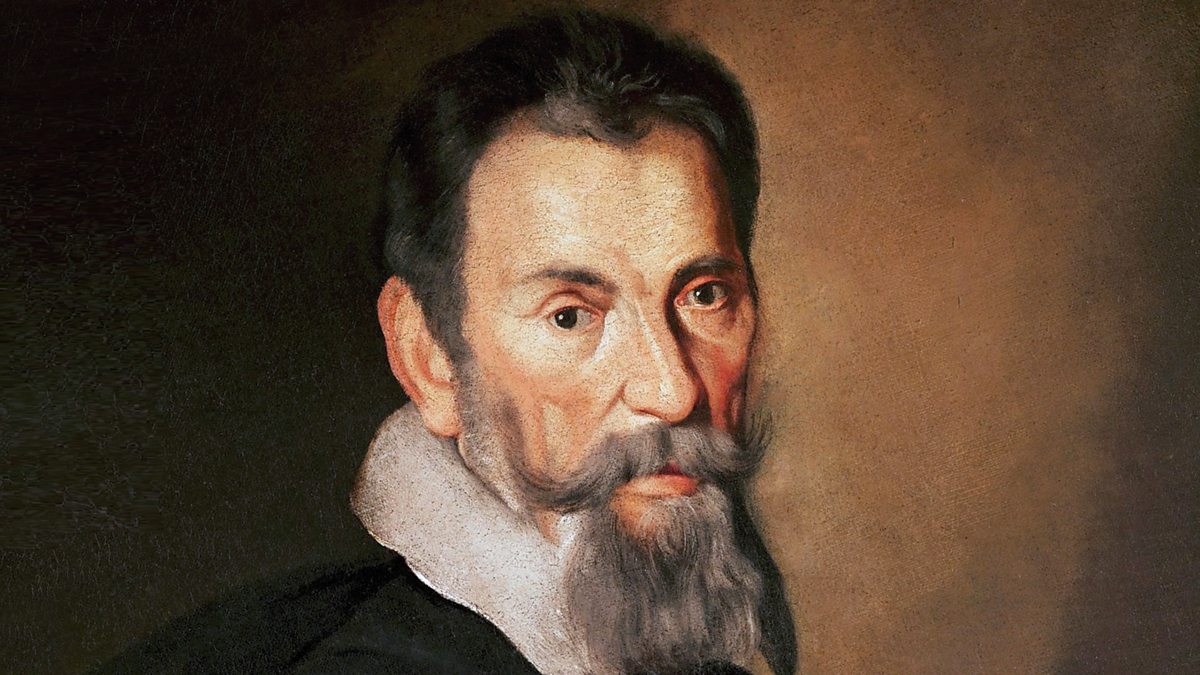
Top 10 Monteverdi Songs
Claudio Monteverdi (1567-1643) was a pivotal figure in the transition from the Renaissance to the Baroque era in music. His works, characterized by their emotional[…]

Claudio Monteverdi – Biography and History
Claudio Monteverdi, an illustrious figure in the realm of classical music, stands as a beacon of innovation and creativity in the transition from the Renaissance[…]

10 Fascinating Facts about Claudio Monteverdi
1 – Pioneer of Opera: Claudio Monteverdi (1567-1643) is often hailed as the father of opera. His innovative works, particularly “L’Orfeo” (1607) and “L’incoronazione di[…]

Masterpieces Resurrected: The 10 Best Compositions by Composer Claudio Monteverdi
Claudio Monteverdi, an Italian composer of the late Renaissance and early Baroque periods, left an indelible mark on the world of classical music. His revolutionary[…]

Claudio Monteverdi: A Trailblazer of Baroque Music
In the realm of classical music, there are few figures as influential and revolutionary as Claudio Monteverdi. Born in 1567 in Cremona, Italy, Monteverdi’s artistic[…]